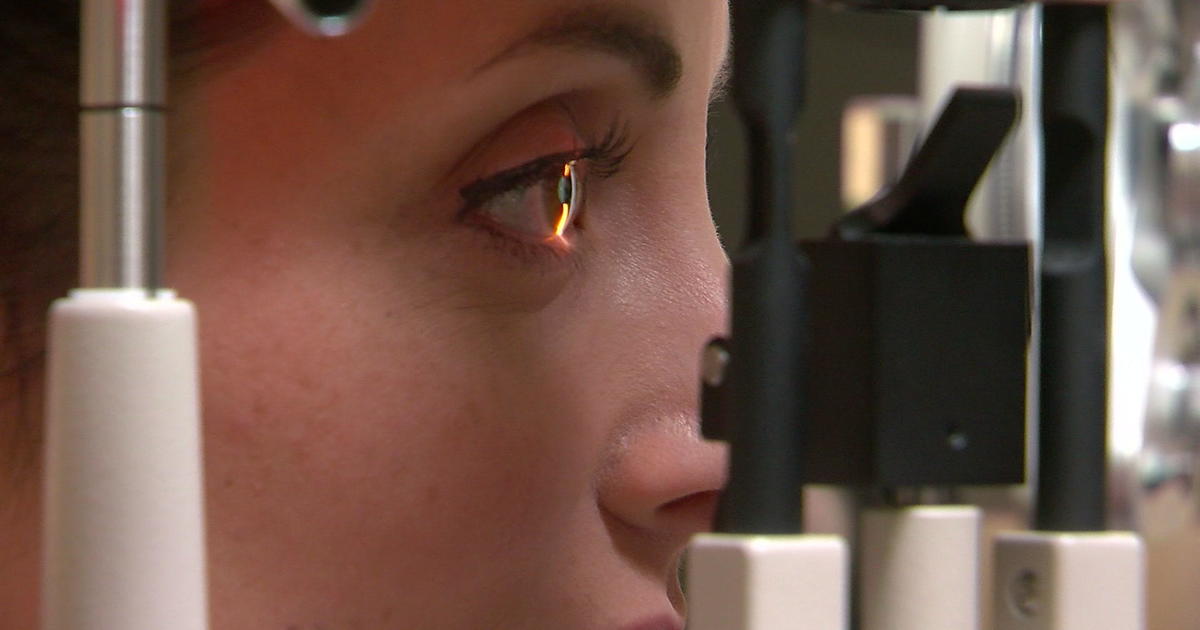Groundbreaking Study Uses Brain's Own Patterns To Boost Memory
Follow KDKA-TV: Facebook | Twitter
PITTSBURGH (KDKA) - What if there was a way to boost memory based on your brain's own patterns?
Researchers in North Carolina and California have found a way to do that.
"We were surprised at how successful we were," says Robert Hampson, PhD of Wake Forest Baptist Medical Center.
Their study was funded by the U.S. Defense Advanced Research Projects Agency. In a group of 22 people undergoing brain mapping for epilepsy surgery, electrodes were placed in the hippocampus, the part of the brain important to making memories.
"This is one of the very small populations that you can have, where you actually have electrodes that are placed in the human brain," says Carnegie Mellon University brain biologist, Alison Barth, PhD.
The researchers presented pictures to the study participants, and recorded electrical signals. They had the subjects recall what pictures they had seen - singly, and in a multiple choice fashion. Those electrical signals were recorded. Then to boost recall, those electrical signals were fed back to the brain.
"So you have to collect it, and then you have to get it back into the brain," says Dr. Barth.
In this short-term memory task, they saw a 35 percent improvement over baseline.
The simple type of memory they were studying is called episodic memory. It's not remembering the living room couch in your childhood home, or the birthdays of all your children, but rather episodic memory is new information that you use for a short period of time -- like where you put your keys, or where you parked in a parking lot.
It's the kind of memory you can have trouble with when you have a head injury, a stroke, or Alzheimer's disease.
But for this to be a real life therapy is a long way off.
"Surgery on people with Alzheimer's disease has been shown to increase the risk of worsening cognitive impairment," says Allegheny General Hospital neuropsychologist Carol Schramke, PhD.
Currently, devices are implanted for conditions such as Parkinson's disease, epilepsy, depression, and obsessive compulsive disorder.
But in a brain that is not functioning normally, for example, with Alzheimer's disease, it is hard to predict the response over time.
"This is a neurodegenerative disorder. The brain cells are not going to be as healthy. Will they react the same to stimulation?" Dr. Schramke wonders, "So I hate to be discouraging, but I think that you do have to be skeptical. You do have to think about are we really ready to implant more things in people's brains?"



